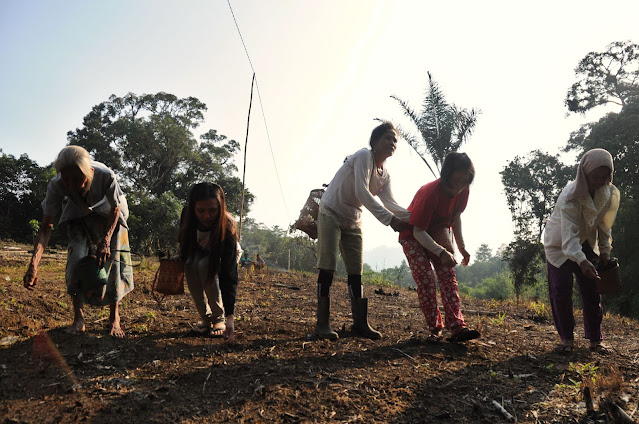agriculture
Protecting Filipino Farmers from Climate Losses: Igloo’s Weather Index Insurance Offers a Solution
Wednesday, July 23, 2025
Filipino farmers are left vulnerable to financial losses from extreme climate events, yet only one-third are insured.
After months of scorching heat, the country is now grappling with torrential rains as the rainy season sets in. While the rains offer hope for renewed harvests, they also carry the threat of stronger, more destructive typhoons. Despite their vital role in food production, farmers remain among the most vulnerable, repeatedly bearing the brunt of extreme weather with limited protection.
In 2024, the Department of Agriculture reported agricultural losses amounting to ₱57.8 billion, affecting over 1.4 million farmers and fisherfolk across the country. These losses were caused by a mix of calamities, including El Niño-induced droughts, typhoons, pests, and volcanic activity. El Niño alone accounted for ₱15.7 billion in damages, severely hitting key crops like rice and corn. Despite this, only one-third of farmers in the country are insured, according to the World Bank, even with government-subsidized premiums.
In its commitment to make insurance more accessible, leading insurtech Igloo aims to help bridge this protection gap with Weather Index Insurance (WII), an index-based insurance coverage specifically aimed to protect agriculture businesses and farmers against climate risks.
Unlike traditional insurance, which requires assessing actual damages after a disaster, WII uses measurable weather data, such as rainfall, temperature, or wind speed as triggers for payouts. When a predefined threshold is crossed, compensation is automatically released, enabling faster and more objective claims processing.
This parametric model has already been successfully deployed in Vietnam, where WII is available through telecommunications company MobiFone’s agricultural app, MobiAgri, which uses the latest technologies in Big Data, AI, blockchain, AR, and VR to support digital farming. By embedding Igloo’s Rainfall Weather Index Insurance into MobiAgri, the initiative offers a holistic platform designed to improve crop yields, manage climate risks, and promote sustainable farming. Deployment is in 18 provinces and cities, supported by a network of over 2,000 rain stations and 650 meteorological stations.
“We believe the same model can be applied to the Philippines, where frequent typhoons and prolonged droughts continue to impact agricultural productivity,” said John Chen, Igloo’s Country Manager for the Philippines and Thailand. The company has been in talks with local stakeholders to introduce weather-based coverage and is actively looking to expand its offerings in the country
“With the right partners, including government agencies to agritech platforms and cooperatives, we can bring insurance closer to Filipino farmers and equip them with the tools to better withstand the effects of climate change,” Chen added.
Learn more about Igloo’s products and services by visiting iglooinsure.com









